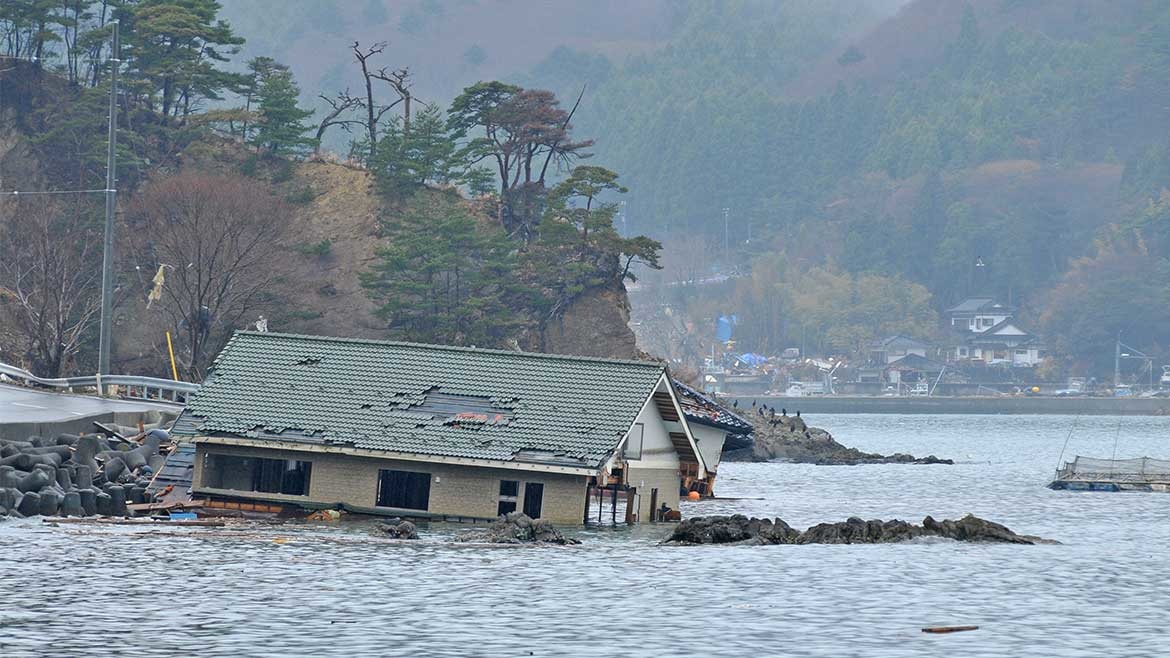5 Ways To Prepare for a Tsunami

DTRIC Insurance reminds residents, especially those in low-lying areas, of the dangers a tsunami can present. While some tsunamis are caused by earthquakes hundreds of miles away, giving us ample warning to prepare, a temblor near the Hawaiian Islands could provide only minutes to respond.
Hawaii is located in the center of the Pacific Ring of Fire. Frequent geologic upheavals along the coasts of Asia, North America and South America make us particularly vulnerable to tsunamis. The state marks Tsunami Awareness Month each April to encourage residents to be aware of the dangers presented by tsunamis, and develop preparedness plans.
The American Red Cross has these tips on preparing for, and dealing with the aftermath of, a tsunami:
- Determine if your home, workplace, and your children’s school are in tsunami hazard areas
- Know how high your home is above sea level, and how close you are to the coastline, as evacuation orders may be determined by these figures
- Plan your evacuation route from work, school, and other frequented locations; emergency planners recommend going inland for at least two miles, and getting higher than 100 feet above sea level
- In the aftermath of a tsunami, use NOAA radio, or tune to local radio and television stations for the latest updates on the tsunami
- Do not return to low-lying areas until given the all-clear – sometimes a tsunami can go on for a significant time, with waves of various sizes hitting the shoreline in succession.
Ensuring your family is safe during a potential tsunami is your first and foremost priority. As a homeowner, you should prepare beforehand to protect your personal property and to ensure timely compensation for any property damage.
A detailed home inventory using photos and video is helpful should you need to apply for insurance claims and disaster aid. Important papers to have on hand include insurance policies; birth and marriage certificates; wills; deeds; financial information such as account numbers, recent tax returns, stocks, bonds and other negotiable certificates; driver’s licenses and other personal identification.
These documents can be stored in sealable bags and scanned on a computer or hard drive in case one set of records become lost or damaged.
Get a Homeowners Quote
Our knowledgeable DTRIC representatives can assist you with a free, no-obligation home insurance quote – just call 808-923-8742 or 1-877-923-8742 (neighbor islands toll-free) to get started. You can also request a homeowners quote online. For faster service, be sure to have your current insurance policy handy.
Prefer to work with an independent insurance agent? Find an agent near you.

